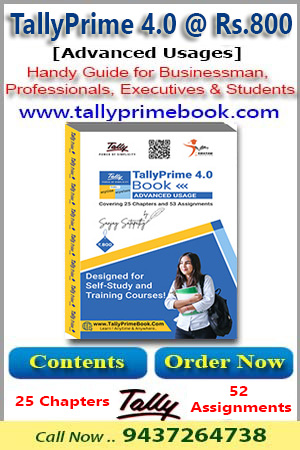Education is an essential aspect of personal and professional growth. However, pursuing higher education can be financially burdensome for many individuals. To ease the financial load, the Indian government has introduced various tax benefits and deductions to encourage individuals to invest in their education. One such deduction is Section 80E, which allows individuals to claim a deduction on the interest paid on loans taken for higher education.
Understanding Section 80E
Section 80E of the Income Tax Act, 1961, provides tax benefits to individuals who have taken loans for higher education. This deduction is available only for the interest portion of the loan and not the principal amount. The loan can be taken for the individual's own education or for the education of their spouse, children, or even a student for whom the individual is a legal guardian.
Eligibility for Section 80E Deduction
To avail the benefits of Section 80E, certain eligibility criteria must be met:
- The loan should be taken from a financial institution or approved charitable institution.
- The loan should be taken for pursuing higher education in India or abroad.
- The loan should be taken for the individual, their spouse, children, or a student for whom the individual is a legal guardian.
- The deduction can be claimed by both salaried and self-employed individuals.
Amount and Duration of Deduction
The deduction under Section 80E is available for a maximum period of 8 years or until the entire interest is repaid, whichever is earlier. There is no maximum limit on the amount that can be claimed as a deduction. However, it is important to note that the deduction can only be claimed for the interest amount and not the principal amount.
Procedure to Claim Deduction
To claim the deduction under Section 80E, individuals need to follow these steps:
- Keep all the necessary documents, such as loan statements, interest certificates, and repayment schedules, handy.
- File your income tax return using the appropriate form.
- Mention the amount of interest paid under Section 80E in the relevant section of the income tax return form.
- Submit the required documents as proof of the loan and interest paid, if requested by the income tax department.
Benefits of Section 80E Deduction
The deduction under Section 80E provides several benefits to individuals:
- Reduces the financial burden of loan repayment by allowing a deduction on the interest amount.
- Encourages individuals to invest in higher education by providing a tax incentive.
- Helps individuals in planning their finances by reducing their taxable income.
- Supports the government's initiative to promote education and skill development.
No Deduction for Loan Principal:
Section 80E provides a deduction only for the interest paid on the loan. The principal repayment of the loan is not eligible for any tax benefit.
No Upper Limit on Loan Amount:
There is no maximum limit on the loan amount for claiming this deduction. However, the deduction is limited to the interest portion of the EMI.
No Need for Approval:
Unlike some other sections, you don't need to obtain any special approval or certificate to claim this deduction. Simply keep records of the loan and interest payments as proof.
Higher Education Abroad:
The deduction under Section 80E is available for loans taken for higher education in India as well as abroad.
Note:
- The deduction under Section 80E is available for a maximum of 8 years or until the interest is fully paid, whichever is earlier.
- The deduction is available for both self-financed and government-sponsored education loans.
The deduction is available for the interest paid on loans taken from any recognized financial institution or charitable institution, including banks, credit unions, and non-profit organizations. |





